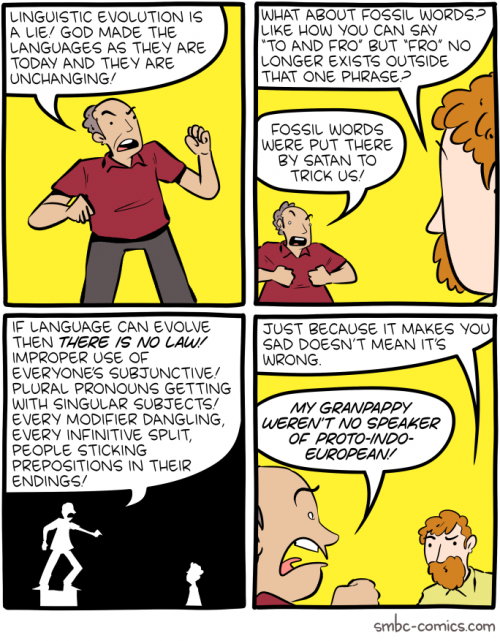Did you want to listen to a podcast that does a deep dive on Kent Hovind? This one is rather savage, so I enjoyed it. It covers his early career — getting a fake degree from a Bible college, his years spent teaching “high school biology” (which turns out to be entirely at unaccredited Christian schools) — and then gets into his tax fraud and infatuation with sovereign citizens.
And then it ends, just before the prison years. I guess we’ll have to wait for part two.








